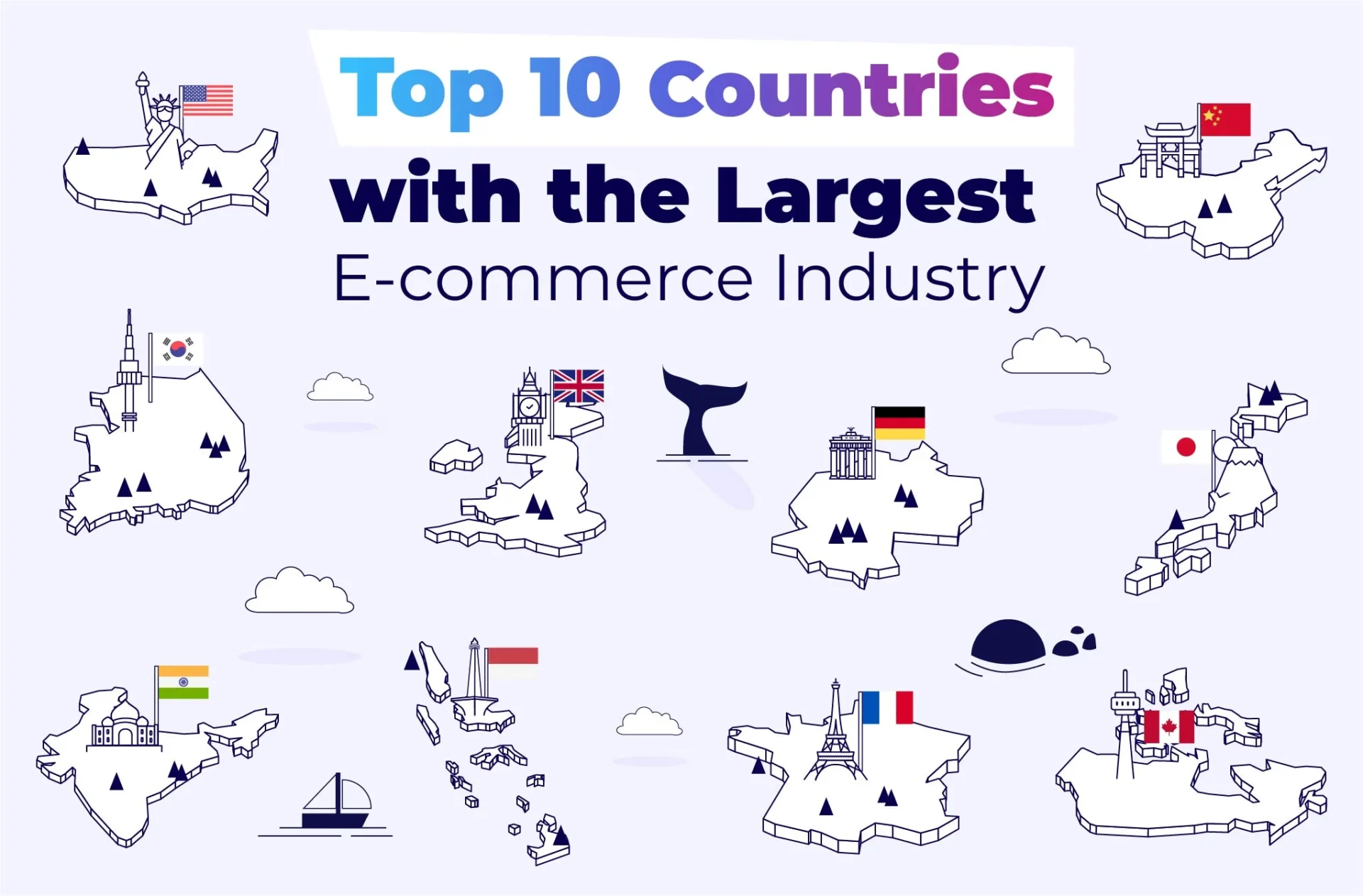There is plenty to think about when attempting to launch an E-commerce site. Many business owners, especially small businesses and startups, tend to stay local and domestic. However, there are plenty of great reasons for E-commerce to launch internationally. The following infographic, from Mister Logistics, outlines excellent reasons to export your E-commerce.
Companies that export are more profitable than ones that stay domestic.
8 Great Reasons to Export your e-commerce:
Adding international to your business will only bring good things and the risk is no greater than running an E-Commerce domestically. Neglecting to export could actually hurt your business: foreign companies will eventually penetrate your domestic market and offer more competition. By taking your product abroad, you bring the competition to foreign businesses in your sector on your terms.
In the event you decide to sell your business (to launch a new one, we’re sure), exporting can dramatically add value to your current business. Your intellectual property will be better protected by claiming copyright internationally, and your personal skills as a marketer and entrepreneur will be enriched with excellent new skills.
Sum up the Facts:
- Companies that export are 17% more profitable than companies that stay domestic.
- Exporting can help smooth over seasonal slowdowns.
- Exporting improves your business skills by adding new domains of expertise.
- Adding new international markets can help use your production capacity to its maximum.
- By integrating into foreign markets, you help defend your domestic market.
- Competing globally means you’ll reach more than just 5% of the world’s population.
- Exporting allows you to improve the value of your intellectual property by claiming it internationally.
- If you decide to sell your business, exporting adds more value to it.
Exporting internationally can be intimidating- but it shouldn’t be. With the amount of profit to be made and the visibility available outside of the US, internationalizing your E-commerce should be a priority. There’s nothing stopping you from seizing this opportunity.
The Plan to Exporting your E-Commerce
Exporting can be complicated, and it’s hard to know where to start. Your plan should be logical and clear so that you can apply it to each step of your business. Going international doesn’t have to be difficult, despite all the details to think about.
Do your Homework
It’s important to know as much as you can about your target market. Your new customers will consume in different ways, be used in different communication strategies, and have a completely different way of life. Knowing the profile of your target customers is key to being able to reach them.
Knowing the target country’s laws and regulations will save you a lot of trouble as well. It’s absolutely necessary to know exactly how much to pay in taxes and import fees, and whether or not you’ll have to pass those fees on to your customers.
Understanding your target culture and language is fantastic, but if that’s not possible- getting a professional to help is the best solution. Don’t be afraid to talk to local experts and local consumers to better understand their demands and whether or not your product will be successful.
Create your Strategy
Create a step-by-step business plan of how you will go about emerging in the target market, including even the smallest of details. This will help you understand what you need to tweak in your domestic business in order to streamline the international one.
How will you handle the logistics of getting your company overseas? Outsourcing your customer service team to offer service in the target language is a great idea if you can guarantee quality. Otherwise, this might upset clients who try to communicate with you. Consider having a legal entity abroad to handle your legal affairs and make sure that your business is operating within the law.
Prepare your Website
Your website is like your storefront, and you want it to be perfect. It needs to be fast, optimized for mobile, and clear for your international customers. We recommend getting a professional to help you translate your site.
You also need to consider geolocalization to automatically present the prices for your products in a currency your customer will understand. Having a clear delivery and returns policy will prevent cart abandonment, and make things easier for your customer service team.
Start Marketing
Building a successful international strategy means creating it based on a local perspective. You need to communicate with your customers on their level, which means utilizing local channels of communication that are frequently used by the culture. Different cultures tend to use different methods of getting news, advertisements, and etc. Social media can be a great tool for communicating cheaply and effectively. It’s important to have your social media managed by someone who understands your target culture to help avoid faux-pas.
Test and Target
Once you have started marketing your E-commerce abroad, it’s time to start testing your business. Try offering free samples of your product to certain customers to get relevant feedback, or sell your products under a local marketplace to gain visibility. These test results need to be analyzed to better optimize your international business.

This basic plan should be easy to adapt to your E-commerce and from here you can fill in the details. With these tips, you have a good starting point to exporting your business. There is never such a thing as too much information. For more about these steps in detail, see How to Launch an International E-Commerce.





